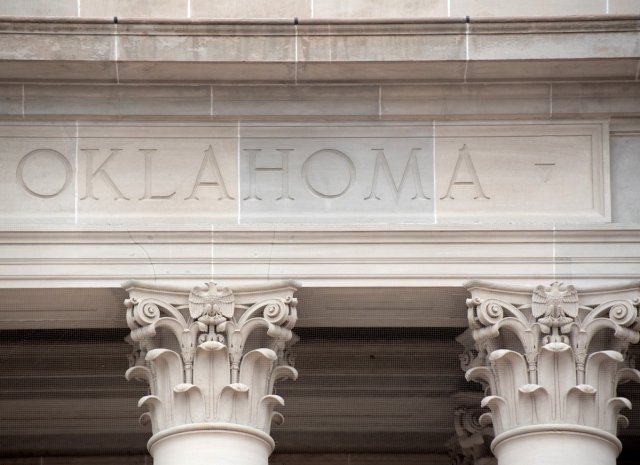

The revenue failure facing Oklahoma for the final quarter of its Fiscal Year 2020 state budget is about $416 million, nearly twice what legislative appropriations leaders believed earlier this week, according to Gov. Kevin Stitt.
On March 31, House and Senate appropriations committee chairmen told NonDoc they were anticipating a revenue failure of about $219 million. But in a press release this afternoon, Stitt said the real hole is much larger.
“This revenue failure is not unexpected given the significant impacts of the COVID-19 pandemic as well as the dramatic downturn in the oil and gas markets,” Stitt said in his release. “Times like these further reinforce how critically important it was for our House and Senate leadership to work with me to save an additional $200 million during last year’s budget surplus.”
The state Board of Equalization — which reviews and certifies revenue estimates — is scheduled to meet via Zoom conference at 1 p.m. Monday to certify the $416 million figure. The Legislature will be convening earlier that day and is expected to address the revenue failure before the end of the week.
Using unprecedented protocols to limit group interactions during the COVID-19 pandemic, lawmakers are expected to pass a bill to address the revenue failure with money from the Constitutional Reserve Fund, commonly called the Rainy Day Fund. That constitutional fund contains about $806 million currently, and a declared revenue failure would allow for emergency appropriation of up to three-eights of its balance, which would total about $300 million. Owing to Stitt’s emergency declaration April 2, the Legislature could tap another 25 percent of the fund balance, which is about $200 million.
House Appropriations and Budget Chairman Kevin Wallace (R-Wellston) told NonDoc earlier this week that the state is expecting to receive about $90 million more from the Federal Medical Assistance Percentage (FMAP) for Medicaid this fiscal quarter.
Senate President Pro Tempore Greg Treat (R-OKC) said April 2 that the Senate would prefer to avoid any cuts to state services during the COVID-19 crisis.
“I think our druthers in the Oklahoma State Senate (…) are that we completely fill it to make sure we don’t cut services for the people of Oklahoma,” Treat said.
In his press release, Stitt emphasized a desire to protect state services.
“When our health department officials, public safety workers, emergency responders and so many others are working tirelessly to help the people of Oklahoma, I want everyone to know that we will prioritize protecting our core services for dealing with the COVID-19 crisis,” Stitt said. “As the last few weeks have demonstrated, it will take time to fully understand the impact COVID-19 will have on our state revenue. We must be very cautious and remain fiscally prudent to restrain spending as we work with the legislature on next year’s budget.”
Once the Legislature addresses the FY 2020 revenue failure, attention will turn to the FY 2021 budget, which could face an even larger shortfall than the $450 million figure appropriations leaders discussed earlier this week.
(Update: This post was updated at 2:20 p.m. Friday, April 3, to include additional information.)




















